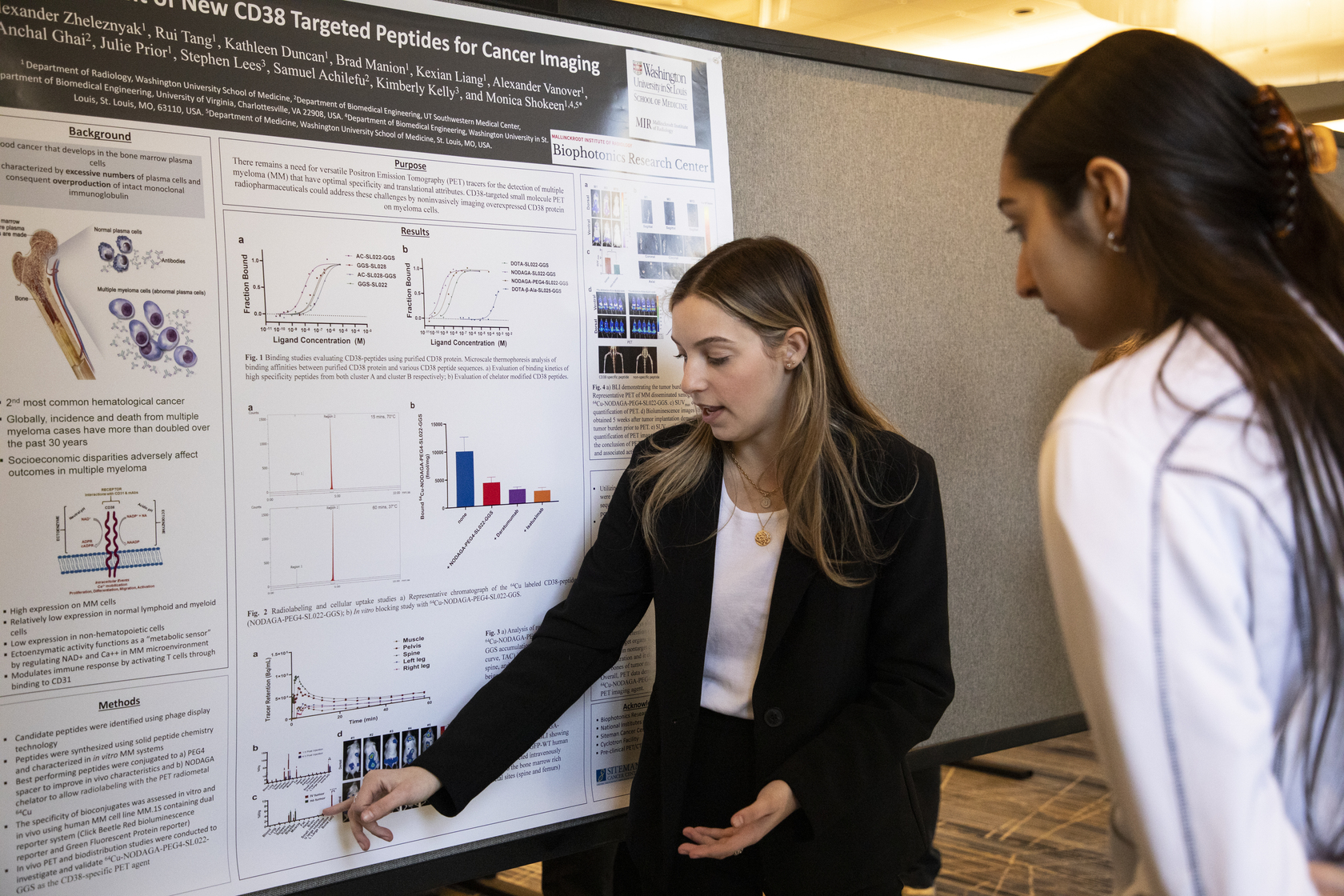Brain Imaging Results Hindered by Small Data Sets

Scientists rely on studies using MRI scans to measure brain structure and function and link them to complex characteristics. But researchers from Mallinckrodt Institute of Radiology (MIR) at Washington University School of Medicine in St. Louis and the University of Minnesota have found most studies are performed with too few participants to yield reliable findings.
Researchers analyzed a range of publicly available datasets to correlate brain features and a range of demographic, cognitive, mental health and behavioral measures using subsets of various sizes. They performed billions of analyses involving nearly 50,000 participants, finding that studies need thousands of individuals to achieve higher reproducibility compared to the median sample size of 25 participants.
“Our findings reflect a systemic, structural problem with studies that are designed to find correlations between two complex things, such as the brain and behavior,” said Nico U. Dosenbach, MD, PhD, an associate professor of neurology and of radiology and the study’s senior author.
Other researchers from the School of Medicine include Scott Marek, PhD, instructor of psychiatry and first co-author, and Damien A. Fair, PhD, director of the University of Minnesota’s Masonic Institute for the Developing Brain, co-senior author and an MIR alumnus. The study’s findings are available in Nature.
Read more from the School of Medicine.





